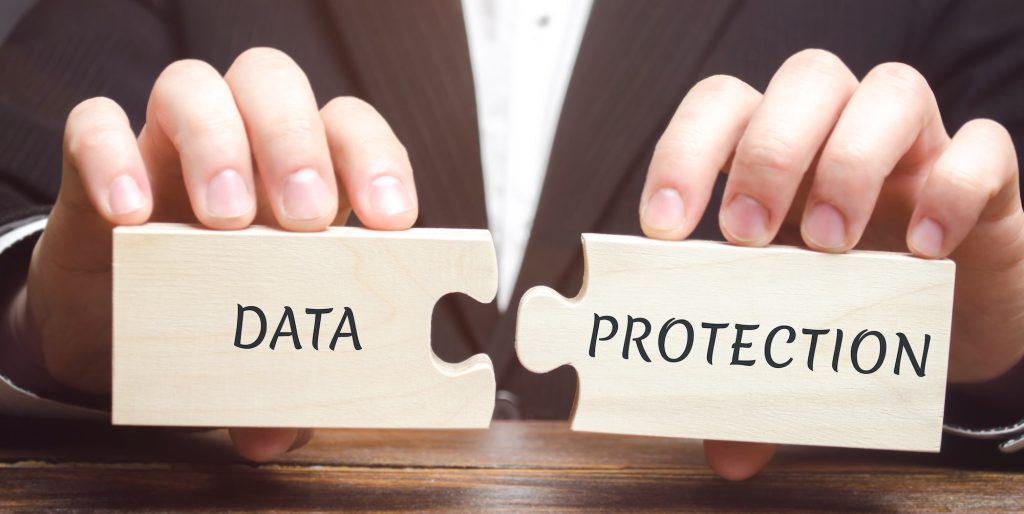
The General Data Protection Regulation (GDPR) is a comprehensive set of regulations implemented by the European Union (EU) in 2018 to protect its citizens’ privacy and personal data. It replaced the outdated Data Protection Directive of 1995 and has since become a global standard for data protection.
The GDPR was designed to address the challenges posed by rapid technological advancements and the increasing digitalization of our lives. It aims to give individuals more control over their data and ensure that organizations handle this data responsibly. The regulation applies to all businesses, regardless of location, if they process or store the personal data of EU citizens.
One of the fundamental principles underlying GDPR is transparency. Organizations must provide clear and concise information about collecting, using, storing, and sharing personal data. This includes informing individuals about their rights regarding their data, such as the right to access, rectify, or erase their information.
To comply with GDPR, organizations must obtain explicit consent from individuals before collecting their data. This means that pre-ticked boxes or ambiguous statements are no longer acceptable forms of support. Individuals must be fully informed about what they consent to and can withdraw their consent at any time.
Another critical. The LO0 aspect of GDPR is accountability. Organizations are now responsible for implementing appropriate technical and organizational measures to protect personal data from unauthorized access or disclosure. They must also regularly assess their data processing activities and maintain records documenting compliance efforts.
Under GDPR, individuals have enhanced rights when controlling their personal information. They can request access to any data held about them by an organization and have it provided free of charge within one month. They also have the right to rectify inaccurate or incomplete information and request its erasure under certain circumstances.
Non-compliance with GDPR can result in severe penalties for organizations. The regulation empowers supervisory authorities to impose fines of up to €20 million or 4% of the global annual turnover, whichever is higher. These penalties are intended to incentivize organizations to take data protection seriously and prioritize the privacy rights of individuals.
The impact of GDPR has been far-reaching, not only within the EU but also globally. Many countries have adopted similar regulations inspired by GDPR, recognizing the need for more robust data protection measures in the digital age. Organizations worldwide have had to adapt their practices and policies to ensure compliance with these new standards.
This represents a significant step forward in safeguarding personal data and protecting individual privacy. Establishing clear rules and guidelines for organizations handling personal information empowers individuals and holds businesses accountable for their data processing activities. As technology evolves, we must have robust regulations like GDPR to protect our most asset – our data.
